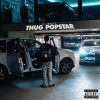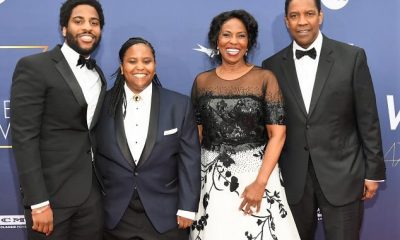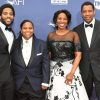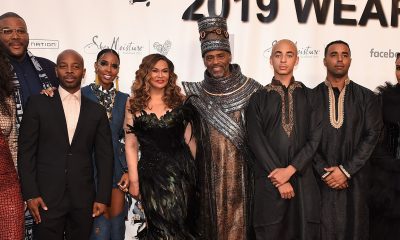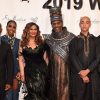Bloggies
With Summer Upon the City, Chicago Braces for More Gun Violence
Memorial Day weekend, the unofficial start of the summer in Chicago, brought dozens of shootings that left six people dead. For Chicago residents, an increase in temperatures typically means more shootings, as more people are out in the city.
Despite enhanced tactics being used by Chicago police, including extra officers, at least 69 people were shot in Chicago through early Tuesday, including several 17 and 18-year-olds, and a 15-year-old girl, who died from her wounds. This Memorial Day weekend saw even more shootings than last year’s three-day weekend – when about 44 people were shot, resulting in 12 deaths.
As of last week, at least 1,382 people have been shot in Chicago (not including the people shot over the Memorial Day weekend), with at least 244 of the victims dying, according to an analysis by the Chicago Tribune of police data. Last year at this time, 904 people had been shot, 157 of them fatally.
Over the weekend, Police Superintendent Eddie Johnson released a brief statement saying “As we look toward the summer months … violence will not be tolerated.”
However, the statement was light on specifics on how his department planned on fighting crime over the summer — other than to solicit officers to volunteer to work overtime during the weekend.
Crime and gangs are a chief concern of residents of Chicago’s African-American and Latino neighborhoods, where most of the shootings are occurring, according to recent polls. There’s also a high number of people under 18 who have been shot. What’s more, a large number of the shooting victims are innocent bystanders, such as Yvonne Nelson, 49, who was killed shortly after getting off work as a 311 dispatcher for city.
Many in the community have gathered at events and demonstrations, calling for an end to the violence. This past Friday, community members gathered in school gyms, parks and churches as part of Mayor Rahm Emanuel’s Summer of Faith and Action initiative, which promotes safety and urges people not to use guns.
Different Views, Different Strategies
For people outside of Chicago, it’s really perplexing as to why Chicago’s gun violence has spiraled out of the control to the point where the city, the nation’s third-largest, has a murder rate that out-paces New York and Los Angeles.
On the ground in Chicago, there also seems to be a disconnect between what the mayor and police view as solutions to the problem, versus what the community views as a solution.
Mayor Emanuel and Superintendent Johnson appear to hold the view that a small number of “gangbangers” are committing the majority of the shootings, and that an enhanced police presence will curtail the shootings. In a demonstration of this philosophy, in May, the city conducted a gang sweep that led to the arrests of 140 people. Chicago police also said they planned to have extra foot patrols in parks and neighborhoods, and more officers on bicycles. The police are also using social media to track potentially troublesome house parties.
“If we all come together and reclaim our streets, reclaim our parks, there’s no room for the gangbangers,” Emanuel told The New York Times over the weekend.
“I would also say to the gangbangers what Eddie Johnson said,” Emanuel told The Times. “There’s a small percentage creating an overabundance of the gun violence. The Police Department knows who you are. They know where you live. And they know what you’re doing.
Complicating their efforts to garner more community support for their crime fighting initiatives, has been a growing level of mistrust between police and Chicago’s residents of color, particularly African-Americans, who have expressed outrage in recent months following the release of a dashboard camera video showing a white officer shooting a black teenager, Laquan McDonald, 16 times. In the months following November’s release of the tape, Emanuel successfully fought off calls for his resignation, though the police superintendent was fired.
Racism has contributed to a long pattern of failures by Chicago Police Department, according to a taskforce commissioned by the mayor. The taskforce also said the department has lost the trust of its residents. Such mistrust has made it harder for the police to solve crimes, as witnesses and victims typically elect not share important information about crimes with police.
Community activists have a different view of what it takes to curb the violence. They say the spike in Chicago violence is caused by a lack of job and recreational programs for young people ages 14-24. Summer job programs have been scaled back in recent years due to Chicago’s budget crisis, and the Chicago Public School System has had to cut back on art, music and sports programs.
As a result, Chicago youth are left to join the few accepting and free environments in their communities — the “streets” and gangs. Janaé Bonsu, the national public policy chairwoman for Black Youth Project 100, a youth activist organization, told The New York Times, “When you don’t have much going for yourself, whether it be work, whether it be school, your options are on the block.”





